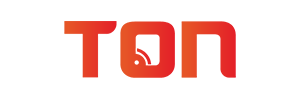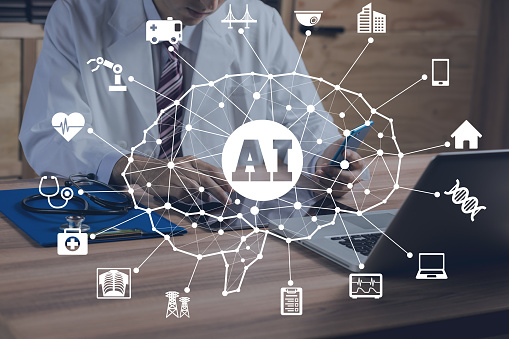Have you heard the term “remote proctoring”, and do you know what it does exactly? When we talk about remote proctoring, we refer to the combined use of various technologies and AI. It ensures that the integrity of the exam is intact when there is no physical invigilator present where the examinee takes the tests. The best part is that this type of proctoring can be used for both live and recorded exams, and it offers several advantages over traditional proctoring methods.
How Does AI-based Remote Proctoring Work?
You must wonder about the process or procedure behind remote proctoring sessions. Here’s how AI-based remote proctoring works: First, the student taking the exam is connected to a live proctor via webcam. The proctor then uses AI-based software to monitor the student’s behaviour and detect any signs of cheating. It includes looking away from the screen, consulting with others, or using unauthorised materials. If the software detects any suspicious behaviour, the proctor will be notified and can take appropriate action.
AI-based remote proctoring is still being developed and improved, but it has the potential to be a game-changer.
What are the AI technologies used for remote proctoring?
The following technologies are utilized to keep an eye on the individuals taking exams:
- Voice Recognition
Voice recognition is a technology that is commonly used in remote proctoring. This technology allows a proctor to listen to a recording of a student taking an exam and identify any irregularities that may be present.
- Pattern Recognition:
Pattern recognition algorithms can detect and track patterns in data. In the case of remote proctoring, these algorithms are used to detect patterns of behaviour that may indicate cheating. For example, the algorithm may track the number of times a user glances away from the screen or the number of times a user types on a keyboard.
If the algorithm detects a pattern that may indicate cheating, the session will be recorded and reviewed by a human proctor. This review can then be used to determine if cheating has occurred.
- Facial Recognition
Currently, there are two main ways facial recognition is used for remote proctoring. The first is live proctoring, which uses a webcam to capture the student’s face during the exam. The second is recorded proctoring, which uses a pre-recorded video of the student taking the exam.
- Eye Movement Detection.
Eye Movement Detection (EMD) is a type of technology used in remote proctoring to track the eye movements of a test taker. This technology is used to detect and prevent cheating on online exams.
EMD works by tracking the movement of the eyes and comparing it to a known database of eye movements. If the eye movement of the test taker matches the patterns of known cheating, the exam will be flagged for review.
What Makes Online Remote Proctoring the Future of Assessments?
The following benefits that one can enjoy with remote proctoring make it the future of assessment:
- Flexibility
The best part of online remote proctoring is that it is not rigid in terms of location and the exam’s timing. The examinee can be anywhere; it doesn’t impact the efficiency of the proctoring.
- Data Security
Data security is another feature of remote proctoring. The organization conducting the exam can remain confident that the data shared with the examinee or shared by them will not be compromised.
- Objective Assessment:
Another significant benefit of online remote proctoring is that results are always unbiased since the proctor cannot influence the student’s performance on the exam.
Conclusion:
Online proctoring is the way for institutions and organizations to conduct AI-powered exams. However, to achieve top-notch remote proctoring, one needs high-quality online assessment software and the seamless implementation of remote proctoring software. Here, we recommend going with ‘MeritTrac’ as it is an industry leader in providing online exam software.


Be the first to comment on "How AI-Powered Remote Proctoring Makes Online Assessment Better"